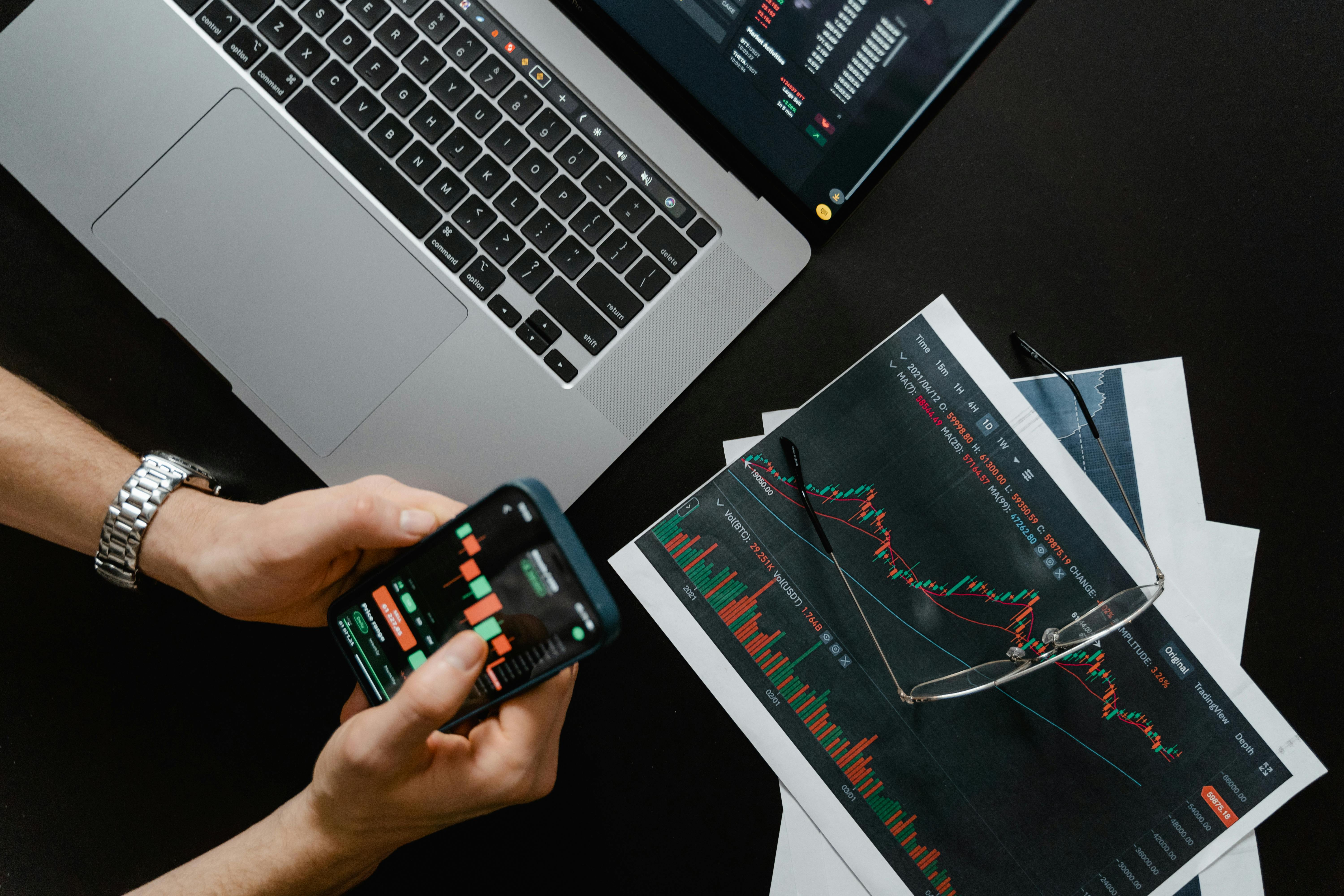
RWA Lending Protocols: Transforming DeFi Through Real-World Asset Tokenization
RWA Lending Protocols: Bridging Traditional Finance and Blockchain Technology
Understanding Real-World Asset (RWA) Lending Protocols
Real-World Asset (RWA) lending protocols represent a groundbreaking technological innovation at the intersection of traditional finance and blockchain technology. These sophisticated platforms enable the tokenization of tangible and intangible assets, creating unprecedented liquidity and accessibility for investors worldwide. By converting physical assets such as real estate, commodities, invoices, and intellectual property into digital tokens, RWA lending protocols democratize investment opportunities and provide novel financial mechanisms.
Market Landscape and Key Protocols
Top RWA Lending Protocols in 2024
| Protocol | Primary Focus | Total Value Locked (TVL) | Jurisdiction |
|---|---|---|---|
| Centrifuge | Real Estate/Invoices | $350M | Switzerland |
| Maple Finance | Corporate Lending | $280M | Cayman Islands |
| BlockTower | Structured Credit | $215M | United States |
| Goldfinch | Emerging Market Loans | $180M | British Virgin Islands |
| RealT | Real Estate Tokenization | $135M | United States |
Technical Architecture and Tokenization Mechanisms
RWA lending protocols utilize advanced blockchain infrastructures, primarily leveraging Ethereum and layer-2 scaling solutions to create robust, secure, and efficient tokenization frameworks. These platforms implement complex smart contract architectures that enable fractional ownership, automated compliance, and transparent asset valuation. The technical stack typically includes sophisticated oracles for real-world data integration, advanced identity verification systems, and multi-jurisdictional legal compliance mechanisms.
Legal and Regulatory Considerations
The regulatory landscape for RWA lending protocols varies significantly across different jurisdictions. In the United States, platforms must navigate complex Securities and Exchange Commission (SEC) regulations, while jurisdictions like Switzerland and Liechtenstein offer more crypto-friendly regulatory environments. Successful RWA protocols implement comprehensive compliance frameworks, including:
- Know Your Customer (KYC) protocols
- Anti-Money Laundering (AML) verification
- Accredited investor authentication
- Cross-border transaction compliance
Market Trends and Future Projections
According to recent market analysis, the RWA tokenization market is projected to grow from $2.3 billion in 2023 to an estimated $16.7 billion by 2027, representing a compound annual growth rate (CAGR) of 47.2%. This exponential growth is driven by increasing institutional interest, technological advancements, and the potential for enhanced liquidity in traditionally illiquid asset classes.
Technical Challenges and Innovations
RWA lending protocols face significant technical challenges, including:
- Complex asset valuation methodologies
- Seamless integration with traditional financial systems
- Maintaining real-time data accuracy
- Ensuring robust security and preventing potential vulnerabilities
Innovative solutions are emerging through advanced cryptographic techniques, machine learning-powered valuation models, and sophisticated oracle networks that provide real-time, verifiable asset information.
RWA.codes: Pioneering RWA Technology Solutions
At RWA.codes, we specialize in developing cutting-edge blockchain solutions for real-world asset tokenization. Our comprehensive service offerings include:
- Custom RWA protocol development
- Regulatory compliance consulting
- Smart contract engineering
- Advanced tokenization infrastructure design
- Multi-jurisdictional legal framework implementation
Our team of expert blockchain developers, legal professionals, and financial technologists are dedicated to pushing the boundaries of RWA lending protocols, creating innovative solutions that bridge traditional and decentralized finance.